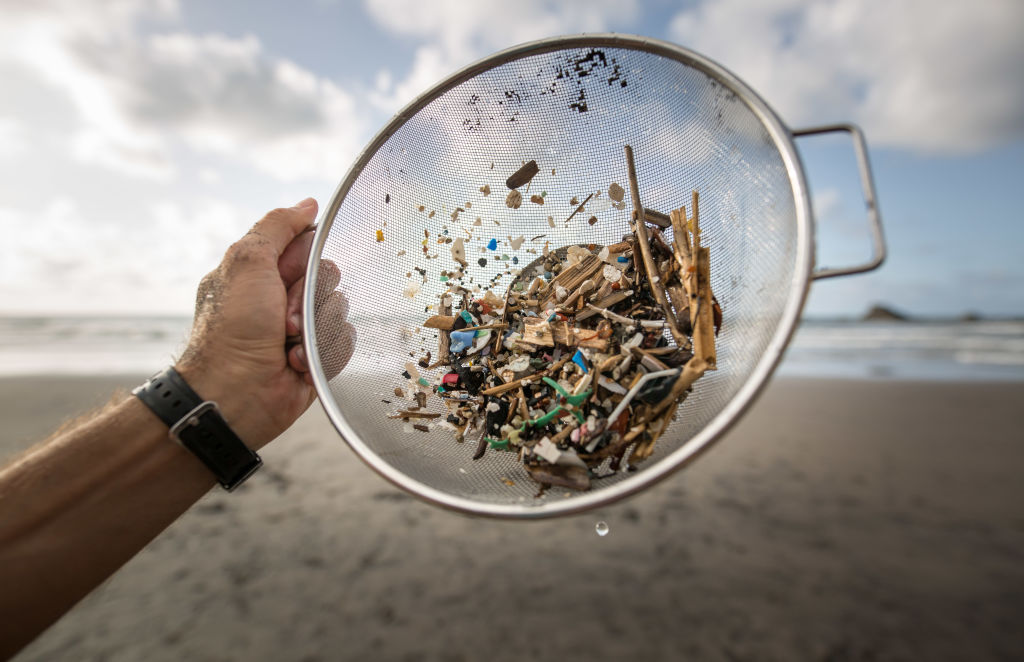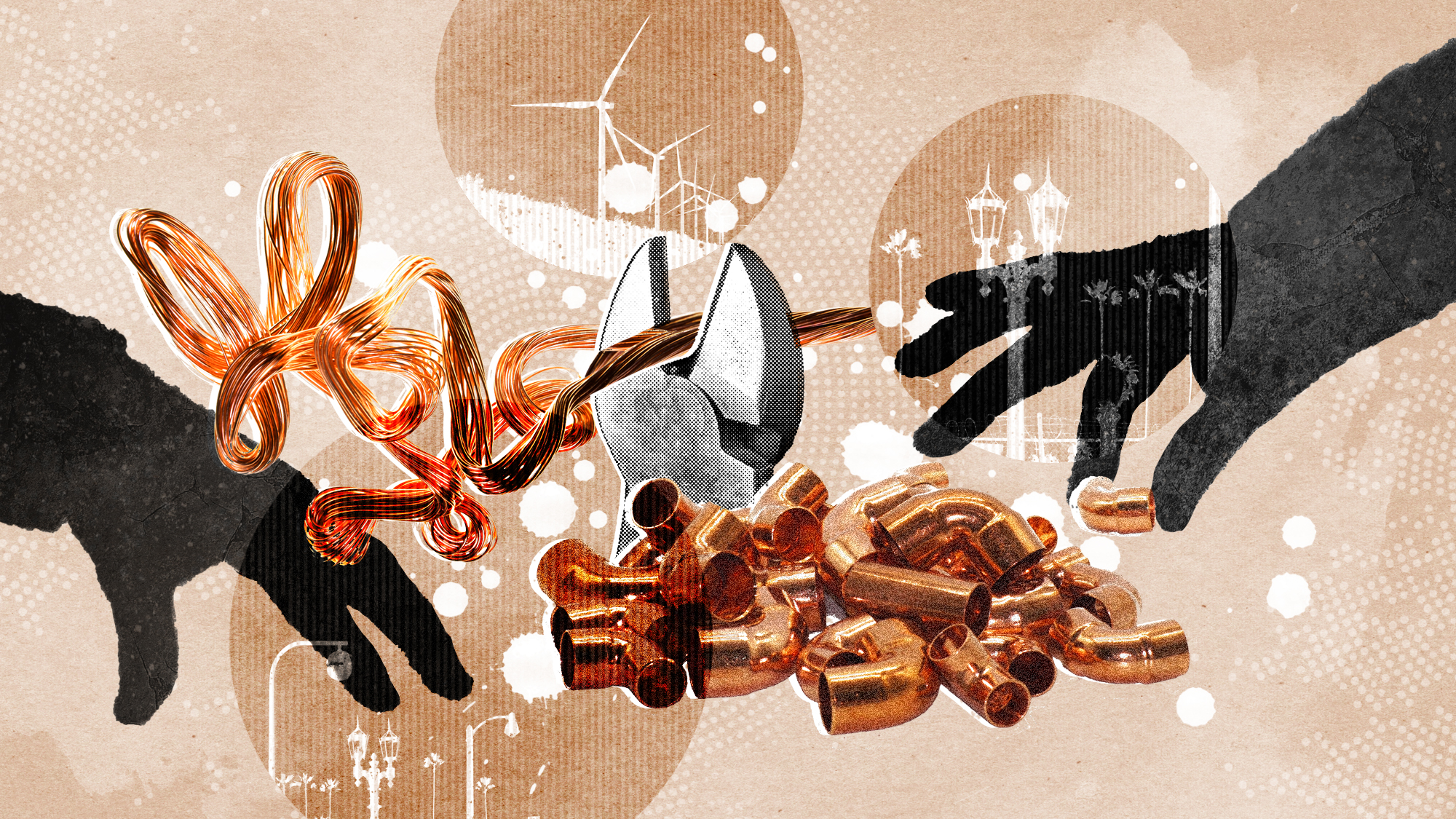Ocean microplastics are a million times more abundant than previously thought, study shows


To count the microplastics in the ocean, most scientists have turned to mesh nets to collect samples. But new research reveals that those nets might allow the tiniest plastic to escape, meaning there could be a million times more microplastics in the ocean than previously estimated.
Most studies looking at plastic in the ocean only captured pieces as small as 333 micrometers, according to the press release. The new research, led by biological oceanographer Jennifer Brandon along with researchers from Scripps Institution of Oceanography at the University of California San Diego, looked at plastic as small as 10 micrometers — tinier than the width of a human hair. Despite their tiny size, the new finding still has major consequences on the volume of plastics in the ocean. "The quantity is one million times more numerically, but when you multiply the quantity times volume, the volume of the larger pieces is still much higher," Brandon told Gizmodo.
To capture such small plastics, researchers analyzed 100 salps — filter-feeding invertebrates that live in the top 6,500 feet of the ocean — collected between 2009 and 2017 in the North Pacific. They found that 100 percent contained mini-microplastics, which was shocking to Brandon.
The Week
Escape your echo chamber. Get the facts behind the news, plus analysis from multiple perspectives.

Sign up for The Week's Free Newsletters
From our morning news briefing to a weekly Good News Newsletter, get the best of The Week delivered directly to your inbox.
From our morning news briefing to a weekly Good News Newsletter, get the best of The Week delivered directly to your inbox.
"I definitely thought some of them would be clean because they have a relatively quick gut clearance time," she said in the press release.
This is alarming, Brandon says, because the plastic will continue to break down into smaller pieces, but won't go back into the ecosystem. When species begin to ingest the plastic, it could work its way up the food chain, potentially becoming small enough to enter the human bloodstream — a concern considering the effects of plastic on health are relatively unknown.
A free daily email with the biggest news stories of the day – and the best features from TheWeek.com
Taylor Watson is audience engagement editor for TheWeek.com and a former editorial assistant. She graduated from Syracuse University, with a major in magazine journalism and minors in food studies and nutrition. Taylor has previously written for Runner's World, Vice, and more.
-
 The great global copper swindle
The great global copper swindleUnder the Radar Rising prices and easy access makes the metal a ‘more attractive target for criminals looking for a quick profit’
-
 ‘They’re nervous about playing the game’
‘They’re nervous about playing the game’Instant Opinion Opinion, comment and editorials of the day
-
 Will Netanyahu get a pardon?
Will Netanyahu get a pardon?Today's Big Question Opponents say yes, if he steps down
-
 Nobody seems surprised Wagner's Prigozhin died under suspicious circumstances
Nobody seems surprised Wagner's Prigozhin died under suspicious circumstancesSpeed Read
-
 Western mountain climbers allegedly left Pakistani porter to die on K2
Western mountain climbers allegedly left Pakistani porter to die on K2Speed Read
-
 'Circular saw blades' divide controversial Rio Grande buoys installed by Texas governor
'Circular saw blades' divide controversial Rio Grande buoys installed by Texas governorSpeed Read
-
 Los Angeles city workers stage 1-day walkout over labor conditions
Los Angeles city workers stage 1-day walkout over labor conditionsSpeed Read
-
 Mega Millions jackpot climbs to an estimated $1.55 billion
Mega Millions jackpot climbs to an estimated $1.55 billionSpeed Read
-
 Bangladesh dealing with worst dengue fever outbreak on record
Bangladesh dealing with worst dengue fever outbreak on recordSpeed Read
-
 Glacial outburst flooding in Juneau destroys homes
Glacial outburst flooding in Juneau destroys homesSpeed Read
-
 Scotland seeking 'monster hunters' to search for fabled Loch Ness creature
Scotland seeking 'monster hunters' to search for fabled Loch Ness creatureSpeed Read
